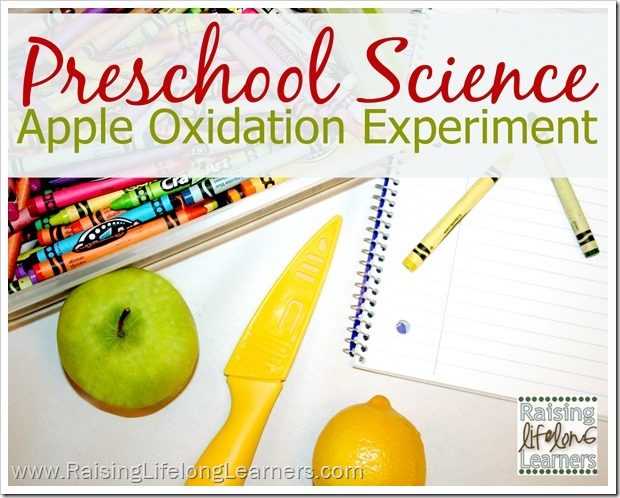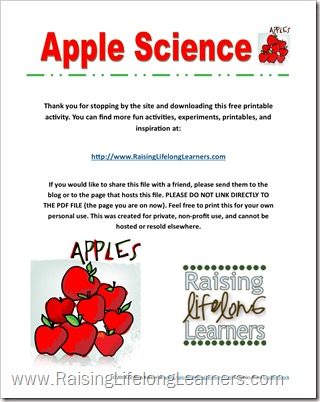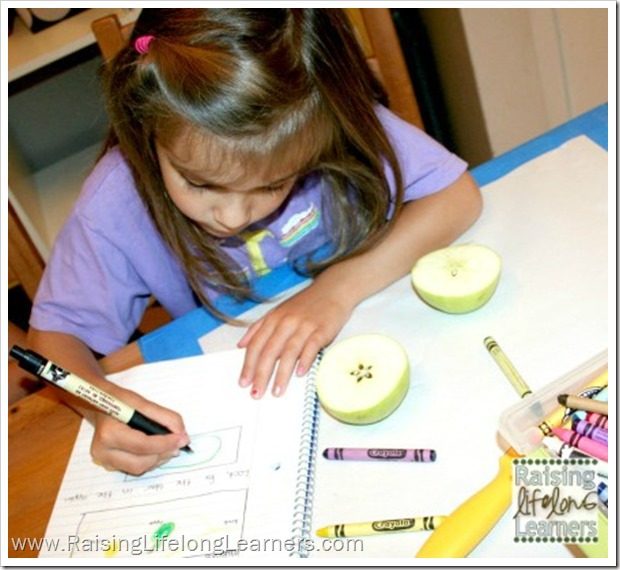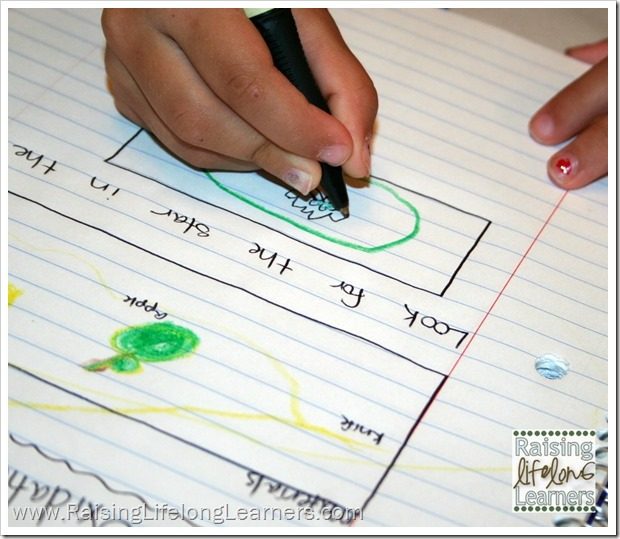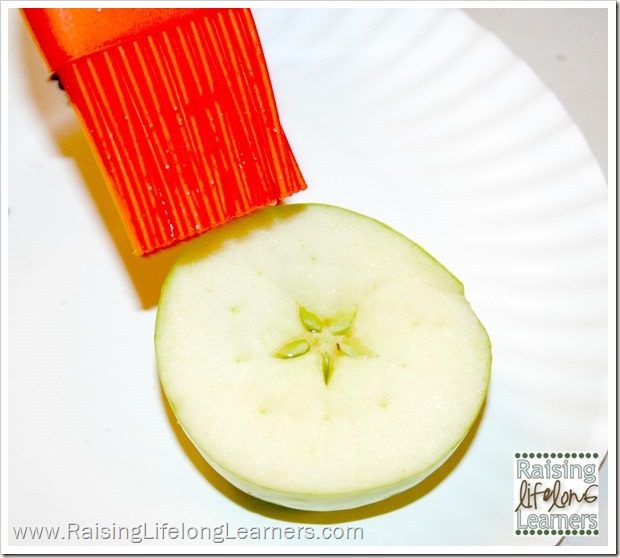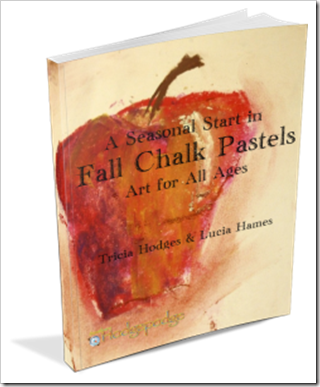Preschool Science: Apple Experiment
It’s autumn! This is the perfect time of the year, and one of my favorite as a homeschooler. The weather is mild, and we have the parks, museums, and the apple orchards all to ourselves during the week.
Time for a few preschool science apple experiments!
Are you looking for a great activity to teach your preschooler more about the apples you picked – whether from the orchard or the grocery store? There are so many wonderful hands-on projects and crafts you can do with your kids to celebrate this yummy fruit, and I’ve done many of them with my kids over the years – apple painting, making applesauce, and cooking our favorite oatmeal in the crock pot over night.
Recently, though, Logan told me that her apple was rotten because she’d left it out and it had turned brown. Our preschool science apple oxidation experiment was conceived.
I asked her what she thought happened to the apple, and she told me that bugs had probably landed on it and made it turn colors. We set out to explore the hypothesis together. You can try this too.
Supplies Needed:
- apple
- lemon
- knife {for adult use}
- pastry brush
- paper plate
- science journal {or the FREE printable preschool science lab sheet I created to make it easy on you}
- set of colored pencils or crayons
- pencil
Instructions:
With your child, talk about the apple – what does it look like? feel like? smell like? is it all one color or are there several different colors on the skin? – and have her draw what she observes in her science journal.
Then…
- Ask her to predict how many seeds there will be inside the apple and have her write the number in her journal or on the preschool science lab sheet.
- Cut the apple in half across the middle so the seed “star” shows inside to make it easier for your preschooler to count seeds.
- Have your preschooler count the seeds and record the actual number of seeds.
- Place the apple halves on the paper plate, and label them #1 and #2.
- Cut the lemon and let your preschooler squeeze it into a cup and brush juice all over the top of apple half number one with the pastry brush.
- Leave apple half number two plain – this is the control apple. Explain to your preschooler that when scientists are trying to figure out the answer to a question, they have one set of materials that they leave alone so they know that the results are because of what they did.
- Ask your preschooler to draw and color what the apple halves look like at the start of the experiment, label her drawings #1 and #2.
- Put the apple halves in the center of the table and leave them there for several hours.
- Later, bring your preschooler back to the table with her preschool science journal, and have her observe what she sees when she looks at the apple halves and draw and color her observations.
- Then talk to her. Explain that there is oxygen in the air, and when the inside of the apple is exposed to the air, the oxygen causes a reaction, turning the apple brown. The apple skin protects the inside of the apple from oxidizing, so it’s important to leave the skin on as long as possible.
- So why didn’t the half brushed with lemon juice oxidize? Lemon juice contains citric acid, which is an anti-oxidant. It slows the process of oxidation. So, you can explain to your preschooler that the lemon juice can protect her apple if it’s been cut, just like its skin would have.
This is a great experiment to help your preschooler hone her observation skills, learn to make predictions, and to evaluate results.
And, those results can be tasty. Make sure you have an apple snack so you can chat about how the apples taste!
Can you think of other ways to experiment with apples?
Do you want to extend your preschooler’s apple theme? Check out some of the great resources I’ve collected on my Apple Theme Pinterest board:
You may want to integrate some art with the fabulous chalk pastel apple tutorial included in A Seasonal Start in Chalk Pastels: Art for All Ages by Tricia Hodges and Lucia Hames. We have all of these chalk pastel books, and all my children {ages 1-11} love them.
I love to add in lots of literature and games when creating a thematic unit for my little ones. Check out these great resources:
You can check out more apple theme activities from the #playfulpreschool education team…there are so many fun activities to discover! Don’t forget to subscribe to receive email updates from RLL – you don’t want to miss any of the preschool science posts that will be coming to you every Wednesday!
SOCIAL STUDIES
From Orchard to Table. Watch and Make at The Educators’ Spin On It
SCIENCE
Examining Apple Parts, How Does It Grow, Sink/Float at Little Bins For Little Hands
MUSIC & MOVEMENT
Apple Hop at Learning 2 Walk
MATH
Counting Apples with Preschoolers: Real-Life Math at Life Over C’s
Apple Math Fun in Preschool – Tasting and Graphing Apples at Fun-A-Day
WRITING
Scented Playdough Pre-Writing Activity at Preschool Toolbox
LITERACY
Alphabet Activity: Apple Tree Letter Matching at Mom Inspired Life
Alphabet Learning: Apple Stamping at Growing Book by Book
Apple-Bet Match : Matching Lowercase with Upper Case Letters at Tiny Tots Adventures
SENSORY
Applesauce Dough for Sensory Play at Still Playing School
COOKING
How to Make Homemade Apple Pie – Cooking with Preschoolers at Powerful Mothering
CRAFT
Paper Plate Apple Craft at The Kennedy Adventures

